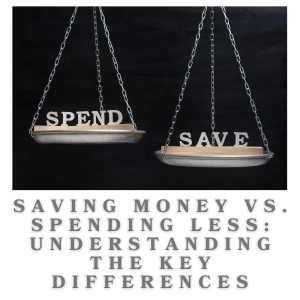Using a credit card for all your expenses and bills can be a powerful financial strategy—if done correctly. This approach offers several advantages, including convenience, rewards, and improved credit scores. However, the key to success lies in paying off your balance in full every month. Here’s how you can maximize the benefits and avoid potential pitfalls.

Why Use Your Credit Card for Everything?
- Earn Rewards and Cashback
Many credit cards offer rewards programs, cashback, or travel points for every dollar you spend. By charging your routine expenses, such as groceries, utilities, and subscriptions, you can accumulate rewards quickly. Over time, these benefits can significantly reduce your overall spending or fund travel and other perks. - Build and Improve Your Credit Score
Your credit score plays a critical role in your financial health. Using your credit card for all your expenses demonstrates responsible credit use. By paying your bill on time and in full every month, you establish a positive payment history, which accounts for 35% of your credit score. - Track Spending Effortlessly
Credit cards make it easy to monitor your expenses. Most issuers offer detailed monthly statements and digital tools to categorize and analyze your spending. This can help you stick to your budget and identify areas where you can cut costs. - Enjoy Added Security
Credit cards offer better protection against fraud compared to debit cards or cash. In the event of unauthorized transactions, you can dispute charges with your issuer and avoid liability for fraudulent purchases. - Take Advantage of Perks
Some credit cards include additional perks like extended warranties, travel insurance, and purchase protection. Using your card for all expenses allows you to benefit from these features on everyday purchases.
The Golden Rule: Pay Off Your Balance in Full
While using your credit card for all expenses has its advantages, it only works if you pay off the balance in full every month. Carrying a balance results in high-interest charges, negating any rewards or benefits. Here’s how to stay on track:
- Create a Budget
Before using your credit card for everything, ensure you have a clear budget. Only charge what you can afford to pay off in full by the due date. - Set Up Payment Alerts
Late payments can hurt your credit score and result in penalties. Set reminders or enable autopay to ensure you never miss a payment. - Monitor Your Credit Utilization
Credit utilization—the percentage of your available credit that you use—should stay below 30%. Even if you pay off your balance monthly, a high utilization rate can temporarily lower your credit score. - Avoid Overspending
The convenience of credit cards can lead to overspending. Stick to your budget and treat your credit card as a tool for managing money, not for borrowing.
Using your credit card for all expenses and paying it off in full each month is a smart financial strategy that can help you earn rewards, improve your credit score, and simplify money management. However, discipline and careful planning are essential to avoid debt and interest charges. By sticking to these principles, you can harness the power of credit cards to your advantage.



Leave a Reply